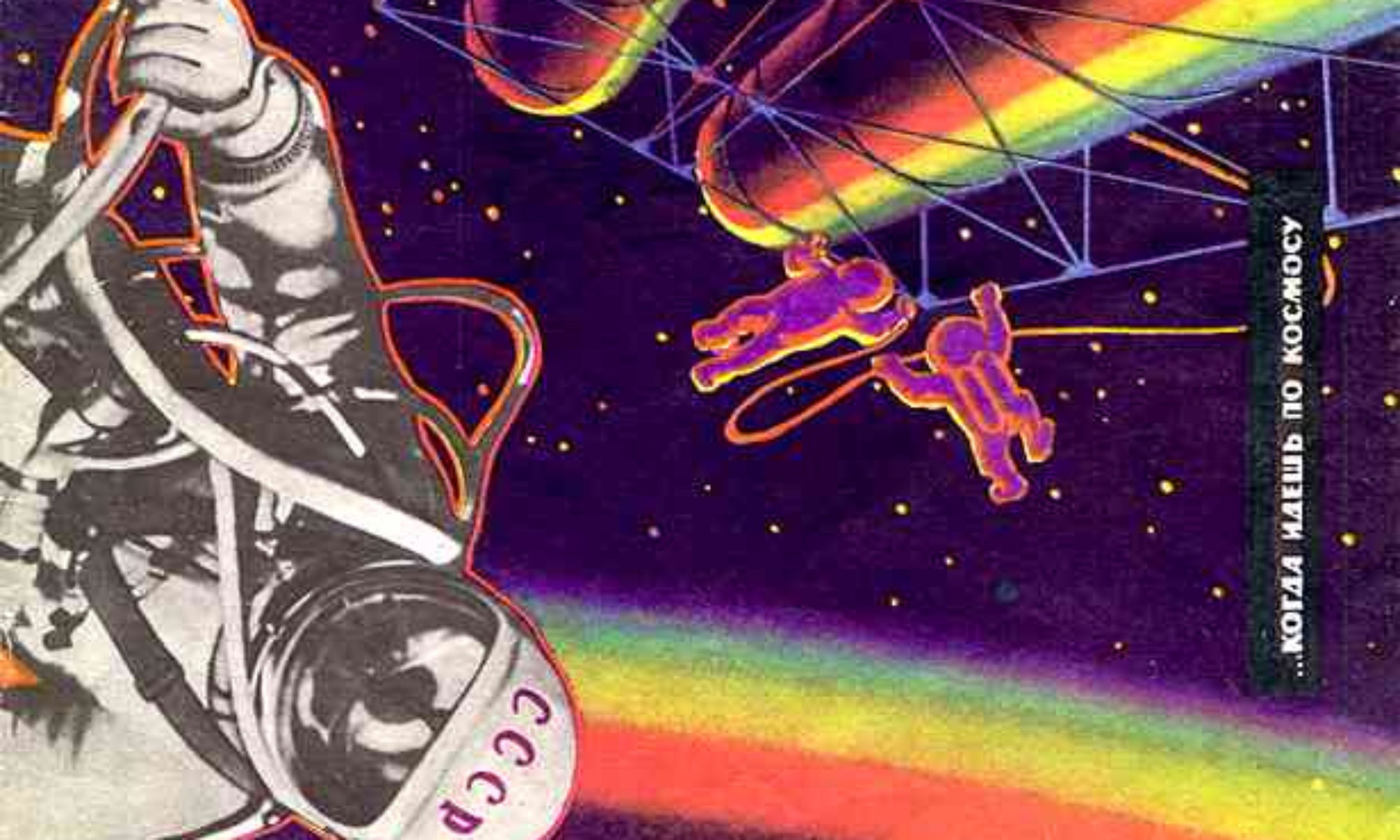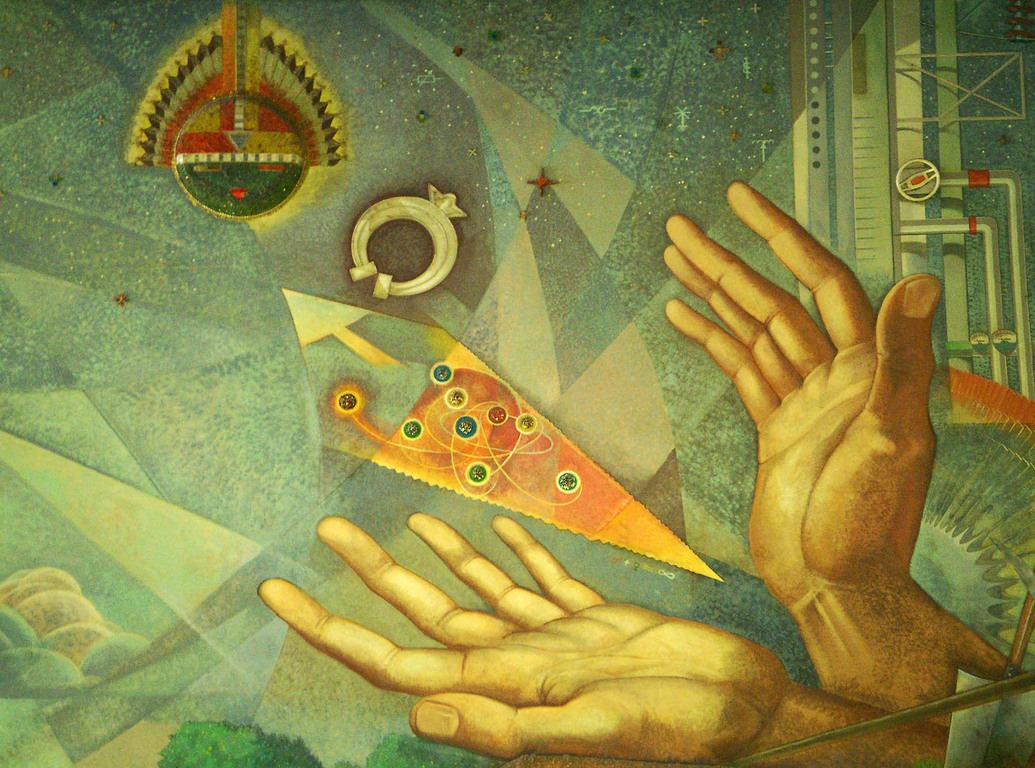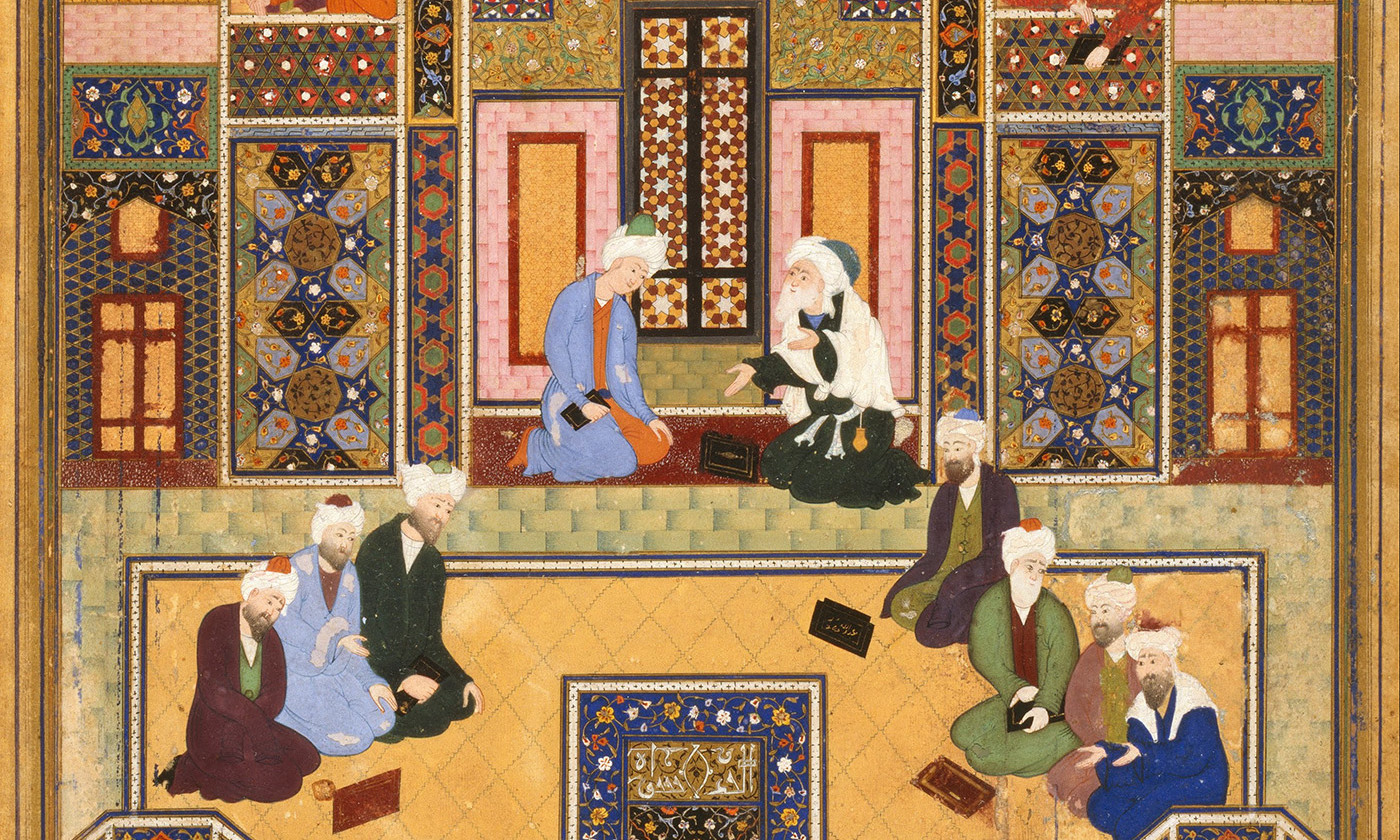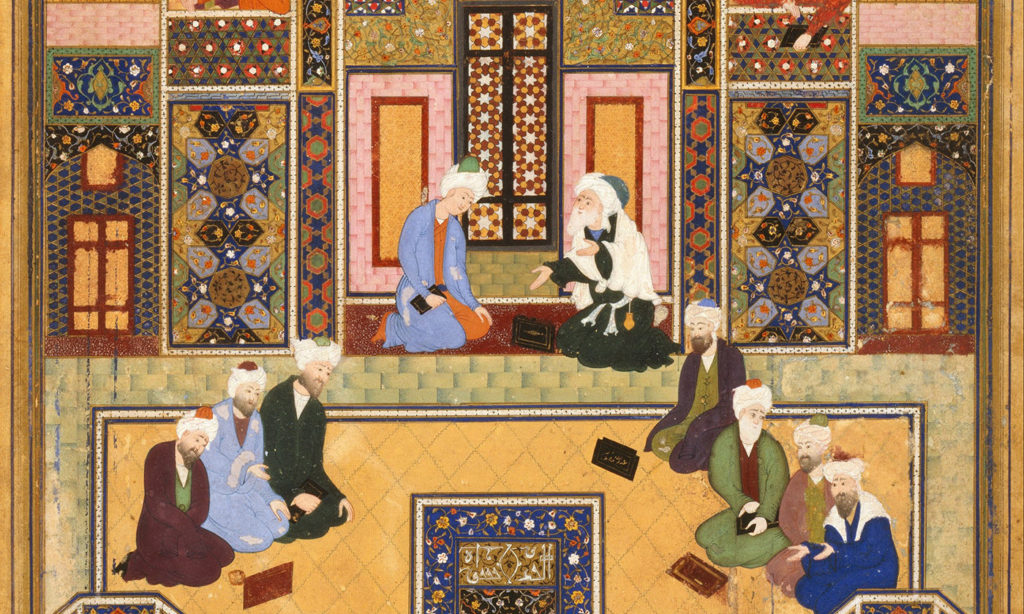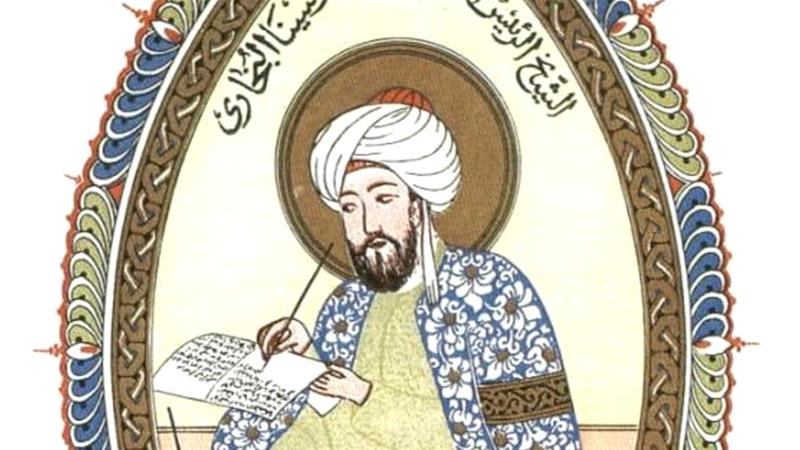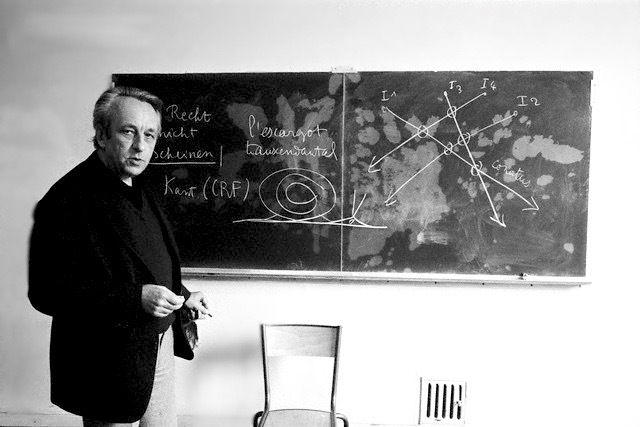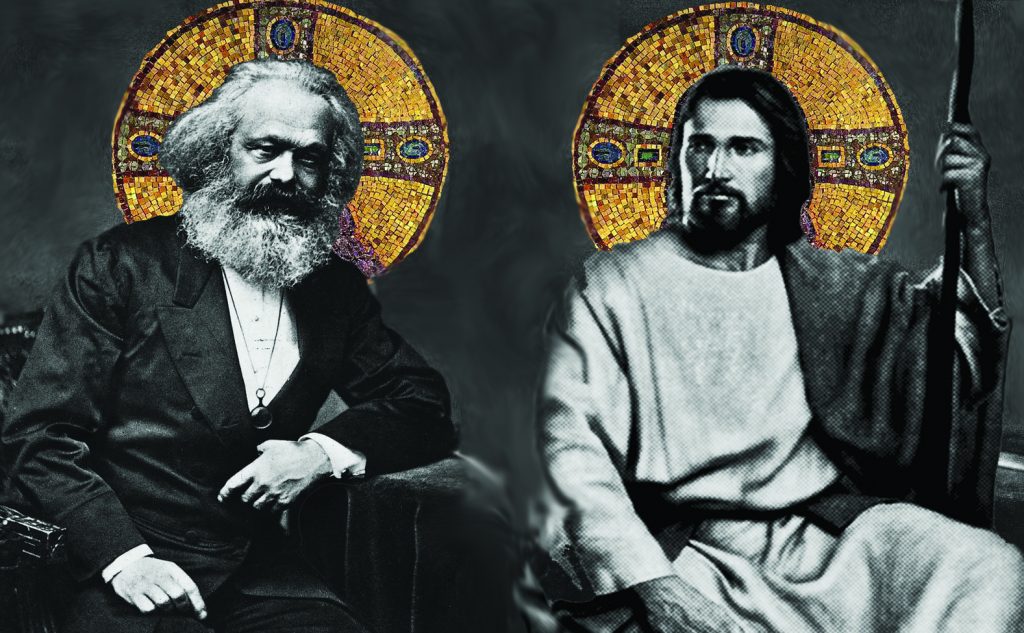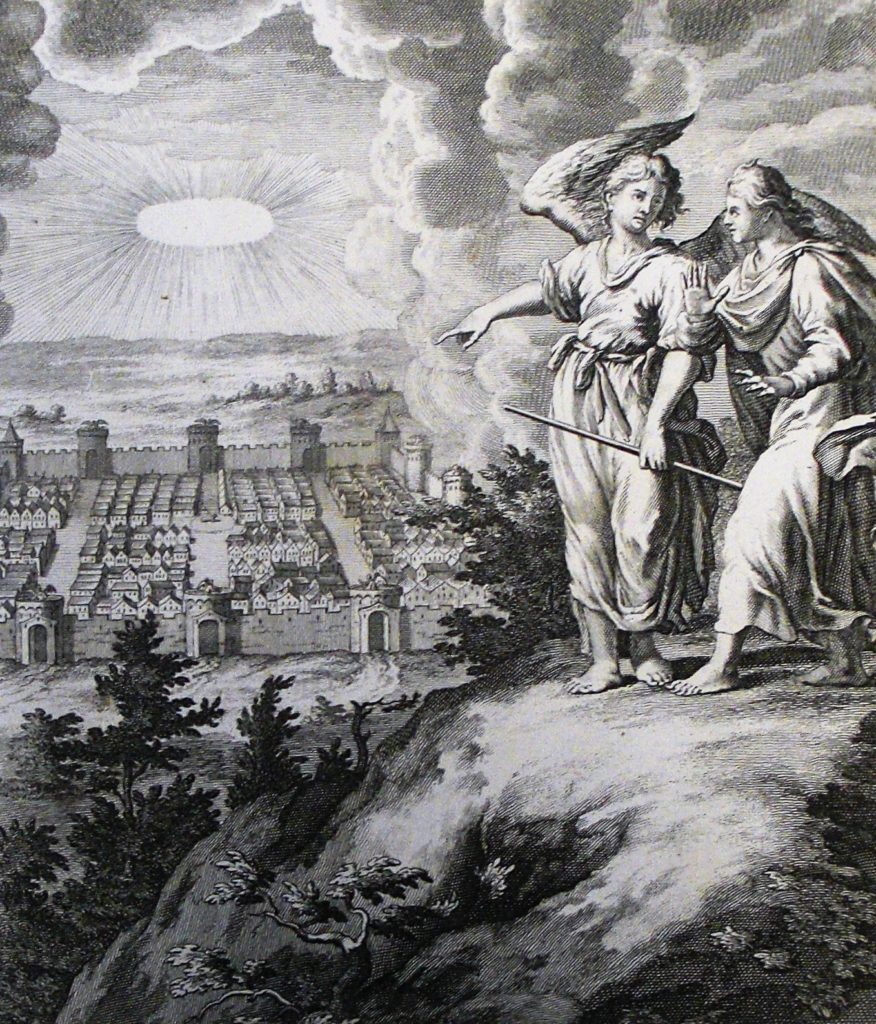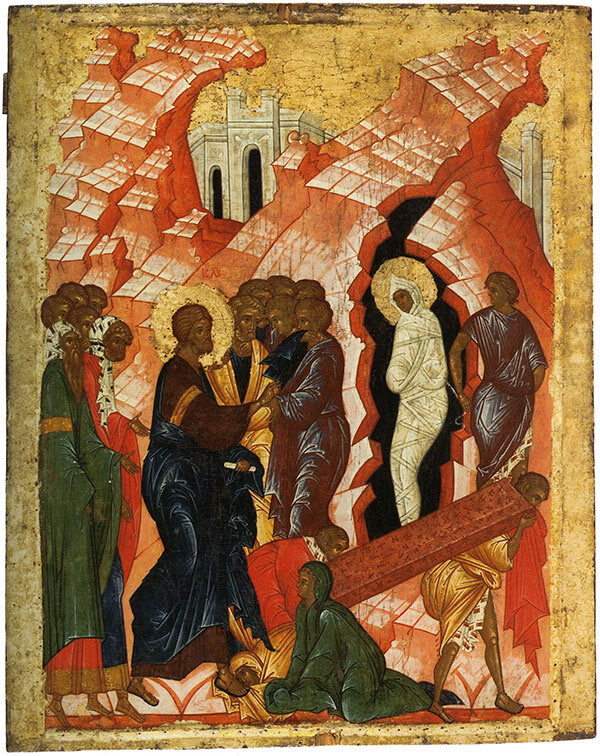James W reviews McKenzie Wark’s Capital is Dead.

Nearly a year has passed since the publication of McKenzie Wark’s short book Capital is Dead: Is This Something Worse? More than half of that time has been spent in the midst of an unprecedented global crisis which has impacted the course of history in ways that cannot yet be fully understood. Simultaneous mass uprisings against racism and police brutality have brought the brutality of the state into stark relief against the transparent unwillingness of the ruling class to deploy its financial resources to mitigate the effect of the pandemic on the public. The novelty of our present historical circumstances are worthy of radical investigation, and the hypothesis of Wark’s book certainly aspires to such radicalism. Caught between algorithmic policing and contact tracing, the time is ripe for rethinking what “information” really means to communists. Unfortunately, the rhetorical content of the book is a stubborn refusal to actually say anything radical. Capital is Dead spends its most of its pages trying to justify its own existence by attacking any dialectical method which might seek to venture onto Wark’s terra sancta, the realms of science and technology in the purely empirical sense which she chooses to conceive them. Seen in retrospect, Wark’s thesis (that we have actually been living through a new and brutal mode of post-capitalist production for quite some time) appears to have been dead on arrival. However, if we proceed from an immanent critique of Wark’s postivistic treatment of information theory, we can recover the critical Marxist insight that a radical understanding of the present can make the past itself seem brand new.
It is disappointing then that in the months immediately following the book’s release, responses to Capital is Dead mostly took the book at its word and agreed to the terms set out by Wark’s “thought experiment.” Engagement with the book purely on its own terms, however, inevitably produced little more than golf-clapping affirmation from a critical theory industry more interested in asking questions than seeking out answers. If the book were as radical as the title would have us believe, one would have expected more responses like the scathing anonymous polemic published in Homintern, which excoriates the book as a self-serving exercise in critical theorizing in which Wark makes “Marx a poet, technology a feeling, class a job, and herself a joke.” The review is funny, concise, and devastatingly accurate, but it still grants (albeit minimally) that Wark’s attempt to “turn techno-positivism into a critical instrument is, taken alone, the start of something promising.” On the contrary, it is precisely Wark’s positivist epistemology which pulls the rug out from under anything radical she might have had to say. Only once we approach contact tracing and social media surveillance from a Marxist direction can we situate them in a radical theory of information, liberated from the confines imposed, ironically, by the false radicalism of Capital is Dead.
Accordingly, we must see Capital is Dead as a proposed solution to a proposed problem. As of the late 20th century, the global system of production and exchange has relied on information science and data harvesting in ways that seem to bear very little immediate resemblance to the capitalism which Marx originally described. Wark argues that this state of affairs demands a response, and to the limited extent she believes such responses exist, she finds them woefully insufficient because of two assumptions that supposedly result from a religious and ahistorical fidelity to Marx’s original analysis. The first is what we will loosely call the diachronic assumption that capitalism must necessarily last until communism. The second assumption is the dialectical assumption that there is a gap between the “essence” and the “appearance” of a given mode of production—that the way capitalism looks could be different from the way capitalism is. Combined, the result is an inability to think of capital as historically contingent: although the present mode of production appears to be something other than capitalism, it must still be capitalism, because it is not communism. Wark sums up the problem-solution structure of Capital is Dead herself: “how then can a concept of capitalism be returned to its histories? By abandoning the duality of its essence and appearance.”1
Capital is Dead identifies these two related assumptions as the main theoretical shortcomings for the critical theorists who’ve gotten “stuck trying to explain all emerging phenomena as if they were always expressions of the same eternal essence of Capital.”2 These “academic” Marxists have been reduced to merely chronicling capitalism’s development through a diverse set of appearances, such as “disaster, cognitive, semio, neuro, late, biopolitical, neoliberal, or postfordist capitalism, to name just a few options.”3 Wark might be amused to know that, as of July 2020, “Pandemic Capitalism” is in fact already the title of several articles and at least one forthcoming book. In light of the radical changes to our lives recently, it is easy to understand where Wark is coming from when she asks the reader if “the capitalism that we have all agreed that we live in, has […] become too familiar, too cozy, too roomy an idea?”4 Wark’s corrective, however, has far-ranging theoretical implications which demand careful consideration.
Anti-Anti-Duhring
The dialectical assumption which Wark first proposes to jettison is in fact very deeply rooted in what she calls the “received ideas and legacy language”5 of orthodox readings of Marx. Wark’s critique of this assumption relies heavily on the heterodox Marxism of Louis Althusser, who uses the terms “expressive causality” or “expressive totality” to criticize those theories of history which proceed from an opposition between “phenomenon and essence.”6 In a general sense, theories of expressive causality take each superstructural phenomena to be only expressions of the same essential economic base or mode of production. As a consequence, each superstructural element, being each at once identical to that social totality yet superficially non-identical to each other element, must logically be a false appearance. Althusser radically broke with this theory of causality, and Wark follows him by reading theories of expressive causality as theories of eternal capitalism: “The essence of Capital is eternal. It goes on forever, and everything is an expression of its essence. Capital is the essence expressed everywhere, and its expression is tending to become ever more total.”7
Wark does not simply take Althusser as the only point of departure for her analysis, however. For her, Althusser’s thought is in a certain sense still too dogmatic and genteel: he does not go far enough in his anti-dialectical approach to Marxism. Even though “political and cultural superstructures were not mere appearances,” to Althusser, he still saw them as relegated to “the reproduction of the essential economic form of capitalism.”8 His inability to take the final steps towards empiricism is for Wark symptomatic of his insistence on Marxism as a “philosophical method” for which philosophy is the “sovereign form of knowledge.”9 If it cannot be contradicted by the vulgar empiricism of day-to-day experience, Althusserian Marxism is just as dogmatic as the “Hegelian” Marxism it criticizes, insistent on the diachronic assumption instead of the dialectical one. For Wark’s Althusserians, there isn’t an ontological gap between the appearance and the essence of capitalism, but there is a sort of epistemic one, bridgeable only by a privileged form of abstract knowledge.
Therefore, Wark suggests that theories of adjective-capitalisms are actually also based on the structuralism of Louis Althusser to the extent that his analysis decenters the relations and forces of production. Althusser conceives of the social totality as a structure in which each element (economy, culture, government, etc) has a relatively horizontal relation to the others, with the economic dimension only taking precedence in the last instance. In Wark’s account, Althusser’s Marxism “was like catnip to academic Marxists looking for ways to fit into conventional academic disciplines, because it allowed for three distinct objects of study: the economic, the political, and the ideological (or cultural.)”10 Each element gains just enough autonomy from the economic “base” to allow endless “Marxist” analyses of cultural life without anyone having to question the historical assumption that we still persist in a capitalist mode of production.
The net result is a prevailing belief among university professors and theorists that an essential capitalism must persist despite apparently bearing little resemblance to the steam-hammer and spinning-jenny of Marx’s time. As a corrective, Wark proposes a new approach that proceeds by “describing relations of exploitation and domination in the present, starting with the emerging features, and work back and out and up from that.”11 Such a project, the construction of a new theory of history, however, is preempted by Wark’s theoretical commitment to empiricism: where Althusser seems to have erred by privileging philosophy as a sovereign form of knowledge, Wark attempts a corrective by privileging all forms and fields of specialist scientific knowledge.
Zombie Positivism
Capital is Dead is founded on this shaky theoretical premise: there must always be some element of science and technology which can “only be known through the collaborative production of a critical theory sharing the experiences of many fields,”12 and is therefore impossible to fully theorize and incorporate into the “essence” (base) or “appearance” (superstructure) of this or that mode of production. Such an empirically available residue is definitionally excluded from expressive totalities. However, it must also lie beyond the Althusserian social totality as well to the extent it is not available to purely philosophical inquiry and remains the subject of only the more particular fields of knowledge.
In setting out to defend Capital’s continued “function as a historical concept,”13 Wark first intentionally forfeits the most readily available theoretical means for thinking the technological or scientific in the context of any totality (either structural or dialectical.) Totalizing theories, Wark argues, cannot ever fully accommodate the results of the empirical sciences: “where the relations of production can be understood theoretically, the forces of production cannot. They don’t lend themselves to an abstract, conceptual overview by a master thinker within a genteel high theory.”14 The totality is, by its definition, not empirically available to the individual observer, encompassing more than they could ever hope to measure, and as such appears to be beyond the horizon of Wark’s Marxism.
When Wark heavily qualifies her book as only a “minimally plausible”15 thought experiment aimed at re-historicizing capitalism against belief in the “eternal essence of Capital,” her idea of history must be necessarily limited insofar as it excludes the privileged results of scientific inquiry regarding technology, nature, or the inorganic world writ large. At the very same time, her idea of history must also exclude elements of the classical dialectical formulation to the extent that such constructions rely theoretically on expressive causalities (and therefore rejecting any dialectical relationship between base and superstructure and, consequently, most non-Althusserian theories of totality).
We end up with a bit of a bait-and-switch. What started as a thought experiment becomes instead an everything-must-go reimagining of Marxism as a method for organizing scientific inquiry, which requires starting over entirely from only the most basic empirical precepts. Wark states that Capital is Dead attempts to “think a materialist history in a really quite “orthodox” way,”16 but that is not what happens. We end up with a superficially Althusserian concept of non-dialectical history for which the stages of production are more of a heuristic for organizing the various relations and forces of productions as we observe them in daily life, but lack a sovereign form of knowledge that can order them or relate them all to each other.
But are these concessions even necessary for her thought experiment? One can certainly entertain the possibility of non-capitalist, non-communist futures without discarding the dialectical content of Marxist thinking. The “common ruin of the contending classes”17 is a theoretically permissible outcome of the struggle between proletariat and bourgeoisie. She even gestures in this direction herself in Chapter 4, suggesting that neither capitalism or socialism survived the Cold War, and from their mutual ruin emerged a new mode of production. With that in mind, the attack on dialectical materialism seems more so aimed at pre-empting any other readings of the significance of information to production. In reality, Marxists actually are free to develop a new total history into which a new mode of production could be incorporated (were such a thing justified). That said, such a history would have to be fully theorized in ways which Wark would resist.
Vectoralism, or Something Worse?
Having clarified Wark’s theoretical commitments, we are now safe to temporarily grant Wark’s premise. She has in fact cleared the way to introduce new terminology and class relations to see how they fit the data, even if she insisted on first sandblasting every other possible option. In her proposed schematic, the emerging locus of class domination is control of the vector, a threefold object18 encompassing (1) data itself, (2) the computational and telecommunications infrastructure used to interpret and transmit that data and (3) the actual path or direction that (1) follows through (2). For Wark, the vector is related to but entirely distinct from capital as Marx understood it: the vector is “the material means for assembling so-called big data and realizing its predictive potential.”19 Ownership of the vector, then, becomes the means of realizing surplus value for the new ruling class.
Wark posits the existence of this new “vectoralist class,” a sort of neo-bourgeoisie which owns the vectors, alongside the new “hacker class”, a class that primarily produces the novel data for which the vector is the sole means of realizing value. Distinct from the proletariat, who were tasked with “having to make the same thing, over and over,”20 the hacker class must produce the “new” information for the vector. By Wark’s new definition, hacking is often unpaid work: the vectoralist class is able to squeeze value from the information collected passively from hackers via FitBit and Alexa in much the same way as they squeeze it from the brands, patents, and programs which hackers are tasked with producing during their paid workdays.
For its part, Capital is Dead does convincingly argue that the realization of value in the imperial core increasingly relies on control of supply chains, logistical data and intellectual property. Such a thing scarcely needed to actually be argued, though. The problem for Wark’s conclusion is that despite her attempt to “conceptualize the problem synchronically,”21 her theory for the production and control of information, novelty, and networks can only function in the context of this single proposed mode of post-capitalist production.
If the relations of production can only be theorized on the basis of empirically available forces of production, which cannot themselves be theorized, we have a very serious theoretical problem for trying to think about capitalism, feudalism, or really anything other than vectoralism. We can conceive of a theory of capitalism which is derived purely from empirical results, and we can also think of a theory of feudalism which is derived purely from empirical results, but to relate these theories in anything resembling a totality would also necessarily entail theoretically relating the empirical results of “semi-autonomous” fields of study to one another, which Capital is Dead forbids. In The Political Unconscious, Fredric Jameson proposes a corrective to Althusser’s social totality, emphasizing that “the notion of ‘semi-autonomy’ necessarily has to relate as much as it separates. Otherwise, the levels will simply become autonomous tout court, and break into the reified space of the bourgeois disciplines.”22
That’s exactly what happens to Wark’s analysis when she cuts Althusser’s “sovereign knowledge” lifeline, and then she presents it as a good thing. The full autonomy of the sciences rapidly metastasizes to the full autonomy of the historical stages of production, and consequently previous or future historical stages are no longer available to Wark’s methods except insofar as they remain available for empirical study in the present. Synchronic modes of production only can exist as either unlabeled bones of extinct species or as crashed spaceships from the distant future, but Wark does not have a way to tell which is which without breaking her own rules, which she does often. When she concedes that “many of the world’s peoples are not even workers but still peasants who are being turned into tenant farmers by the theft of their common land by a landlord class […] much of the world is also a giant sweatshop,” she engages in a Marxist analysis that is built with the theoretical tools that she supposedly rejects. For that reason, her analysis of “older class antagonisms” can only be to simply add “a new layer on top.”23
Such shortcomings are inevitable because a meaningfully synchronic view must see classes and modes of production as more than categories for empirical data points. We can only see them as emerging or disappearing if they’re indexed by historical time. Historical time requires a totality; not even necessarily a dialectical totality, but a totality all the same. Althusser says as much in his treatment of the topic, arguing for the construction of a “Marxist concept of historical time on the bases of a Marxist conception of the social totality.”24 It is not possible for Wark to situate the vectoral mode of production within an Althusserian social totality, being derived from empirical principles to which a sovereign form of philosophical knowledge would not have actual access. However, it is also not possible for her to situate her the vectoral mode of production within a traditionally dialectical totality because such a theoretical construction would, to a greater or lesser extent, require an expressive causality which is also forbidden by the premise of Wark’s thought experiment.
Rather than pushing us to “think synchronically about a matrix of antagonistic classes that includes emerging ones,”25 as she intended, we are instead forced into a theoretical position which is itself antichronic. In order to say anything about history, Wark asks that we first assume it to be arranged in a certain way, which is exactly the diachronic mistake we were trying to correct. Capitalism becomes what is trapped in our museums26 and vectoralism is what we live in now. Feudalism can only be something that came before capitalism on the road to vectoralism. If our academic Marxists can only conceive of capitalism as the pre-history of a future communism, then Wark is only able to theorize past modes of production to the extent that they might be mere pre-histories to her hypothetical vectoralism. As for communism, well, “Communism is dead.”27
Data and the Darstellung
Capital is Dead presents itself as being all about getting down and dirty on the cutting edge of technology. It is an appeal to Marxist readers to re-center the forces of production and get started working with them hands-on. However, we have to do it in the way that Wark wants and come to the conclusions that she’s already decided on. Otherwise, we risk becoming like those scary Soviet dogmatists who tried to figure out how “Marxism could be interpreted as having been compatible with modern physics even before it existed.”28 Wark doesn’t want us to think about Marxist theories of technology and nature which would attempt to extend the totality to the non-human, the geological, the more purely scientific. Such a move would require entertaining the possibility of Marxism as an explanatory worldview which, if perhaps not capable of making direct ontological claims, would at least be able to make descriptive claims about the ways the sciences actually work in class society without fear of treading on their toes. When Mckenzie Wark admits that “climate science has to be addressed as being, for better or worse, a science of the totality”29 one is forced to wonder why the same concession is not extended to Marxism.
In his corrective to Althusser, Fredric Jameson offers a version of History-as-totality, providing a Marxist framework which can both respect and incorporate the results of the sciences. To differentiate fields of inquiry at all, to see physics, computer science, climatology, biology or information science as distinct domains, would require the assumption of a prior totality within which and from which they could be seen as autonomous. Jameson proposes that the value of Althusser’s criticism is only recovered if one sees “difference as a relational concept, rather than as the mere inert inventory of unrelated diversity.”30 Both structural and expressive totality are reliant on a form of mediation that relates either its semi-autonomous parts or its false appearances (respectively) by either difference or identity (respectively.) Mediation establishes “initial identity, against which then (but only then) local identification or differentiation can be registered.”31
So let us instead chart such a path: neither adjective-capitalism nor vectoralist production, but a vision of History as the horizon onto which no metaphysical categories can be forced, not even “man” or “machine” or “nature.” It is this horizon to which Marxist theories of totality always aspire but always fall short: in his commentary on The Political Unconscious, William C. Dowling explains that “to think the totality is thus to see in a sudden flash of insight that an adequate notion of society includes even the notion of an external universe, that society must always function as the whole that includes all things, the perimeter beyond which nothing else can exist.”32 We should, for better or worse, try to think the totality all over again.
To see development of the productive process in a truly synchronic sense would then be to trace its contours against the entire backdrop of History, which remains the “absent cause” for the diachronic differentiation of the various social forms. When Wark describes information as “a relation between novelty and repetition, noise and order” which can be extracted and valorized “even from free labor,”33 she is pointing to a model of enclosure and control that cannot and should not be confined to the present but must instead be radically projected backwards and forwards. We may even need to see information not as a new form of commodity but instead, perhaps at first only speculatively, begin to see the commodity form as an older and less general expression of the principles of the information sciences as we now understand them.
In that direction, we should follow Wark when she hints at the strange “ontological properties”34 of information. If it is too random, it is indecipherable static. If it is entirely predictable, it is redundant and conveys nothing new to the recipient.35 When Wark limits Marxism to a mere empirical method for analyzing the specifics of this or that mode of production, she misses that information could itself be productively conceived as a unity of opposites, containing the very “sameness” and “difference” that supposedly divides the hacker from the proletarian. If one unbinds the contradictory nature of information through the whole of history, one can begin to see the individuation of the rationalized proletarian or the enclosure of previously undifferentiated Commons into numbered plots of land as a production of the difference necessary for the production of sameness in the universally exchangeable commodity form. Primitive accumulation and capital accumulation become legible in terms of information. What’s more, one can identify such processes of division and individuation as accelerating at all scales, from the individual to the international, in tandem with the overproduction of commodities and the decline of the rate of profit.
Encounters With Necessity
French philosopher Cecile Malaspina presents a dialectical account of information that fearlessly bridges the gaps between statistical physics, information theory, critical theory and thermodynamics in ways that point towards the big-picture approach Marxists should take to the sciences. In unfolding information, Malaspina finds the components that not only make it work but also which bring it into conversation with the theories of History we have been concerned with. For instance, to be intelligible, a unit of information relies on an “a priori restriction on the ‘freedom of choice’ in the message”36 in the form of redundancy. It necessarily must contain information which the recipient already has about language and structure and is therefore not free to choose. “Redundancy is the part of a message that imposes a constraint,”37 writes Malaspina, and “without redundancy, the pure novelty of information would be absolutely incomprehensible and equivalent with noise.”38 The structure is redundant because it is certain; the message is novel because it is uncertain. For Malaspina, information is the “progressive unfolding of this relation between certainty and uncertainty.”39
These dialectical notions of “constraint” and “uncertainty” slide naturally into Jameson’s notion of History as the totality. He concludes the first chapter of The Political Unconscious by definining such a History to be “the experience of Necessity,” where Necessity is the “the operation of objective limits.”40 One cannot help but hear something of a pessimistic rhyme with Malaspina: Necessity is the part of History that imposes a constraint, that part of History which exerts non-local causality on subjects when it “refuses desire and sets inexorable limits to individual as well as collective praxis.”41 Necessity is the container and History is its shape, nowhere immanently present yet everywhere making itself known through its effects.
In this sense, the “history of class struggles” is also a History of information warfare, where the ever-present but uncertain potentiality of Communism must always be precluded by Necessity— what Malaspina identifies as that which “cannot not be, or cannot be otherwise.”42 It marks the degree to which the future is predicted in advance, the degree to which it is certain. Freedom of choice is eliminated in the structure of redundancies which are constantly made more complex to ensnare each new avenue of collective possibility. Though this fractionalisation and individuation occurs at every level of society, the city in particular is the site of a dramatic expansion of surveillance under the guise of “contact tracing.” Writing for Failed Architecture, Kevin Rogan identifies the “impenetrable system of rational control” that so-called “smart cities” would impose on collective spaces in the name of stopping the spread of the coronavirus as not itself new in principle—“The first factories were spaces under surveillance, as were colonial holdings, and the tactic was absolutely essential in maintaining slavery at every stage, from ship’s hold to plantation.” What is actually new is the degree to which “every facet of life has been made quantifiable in order to make this all possible.” The (re-)rationalization of the individual becomes the predicate for the (re-)rationalization of the city, and both are subject to new re-divisions as necessary.
Perhaps that’s part of the reason for Wark’s fidelity to empiricism. She very clearly identifies liberatory potential in the hacker class’ capacity to produce novelty and difference. Extending the notion of information and its component parts of sameness and difference through a totalizing History would mean dealing with the uncomfortable truth that producing the “new” is not only not unique to hackers but also has often been the task of the ascendant ruling classes at the moment of their victory. Building the new Republic meant not only beheading Louis XVI but also heading off that possibility for a deeper collective liberation which has accompanied the poor, the unemployed, the landless and the marginalized since the fall from primitive communism. The Herbertists were beheaded, too.
For all its apparent pessimism that this might not be capitalism anymore but Something Worse, Wark’s arc of history still bends towards a future defined by the liberation of information from the constraints of the vector by the hacker class. When Wark declares “Communism is dead” it is because she herself actually misunderstands Communism as a telos. But Communism isn’t just in the future, it’s also our past. At every juncture of the historical process the impetus for collective liberation has been present, always existing as a potentiality—something that could happen—from slave revolts to Peasant Wars to Reconstruction. Wark is right to see the predictive power of big data as a threat: prediction means the pre-emption of the possibility that things could be otherwise, the death of a potentiality.
When we understand capital as “dead labor,” we can begin to see it in the terms of History and Necessity. Dead labor is labor that no longer has the capacity to be other than what it is—it is now crystallized in the form of capital by Necessity. Capital is, in its most basic terms, the time the oppressed classes could’ve spent doing something else but were instead forced to work for the benefit of the ruling classes. It is in this way that the increasingly perfect knowledge of the ruling class about our locations and trajectories is a sort of enclosure of the future itself, turning it into capital by analogy with dead labor—our time which can no longer be spent otherwise. It is in these terms that capital itself is also continuous with pre-capitalist systems of control. The processes of enclosure which created capital are themselves paradoxically legible in terms of capital via our expanded concept of information.
From our 21st century perspective we can see that capital isn’t dead, it’s actually much worse. It has built an informational time machine and has headed back to the first divisions of labor so that it could become what it was always going to be. Maybe in this sense, it really is eternal: caught in a loop of constant re-enclosure and re-division to chop up our potentialities and wall them off into so many individual subjects or labor markets until the environmental bottom falls out. But, to quote Jameson, again: “History is what hurts.”43 As long as the ruling classes perpetually try to force us back into the meat grinder of primitive accumulation for another go-round, we can know for sure that we are still alive, History hasn’t stopped, and other futures are still open to us if we aren’t afraid to theorize them.
